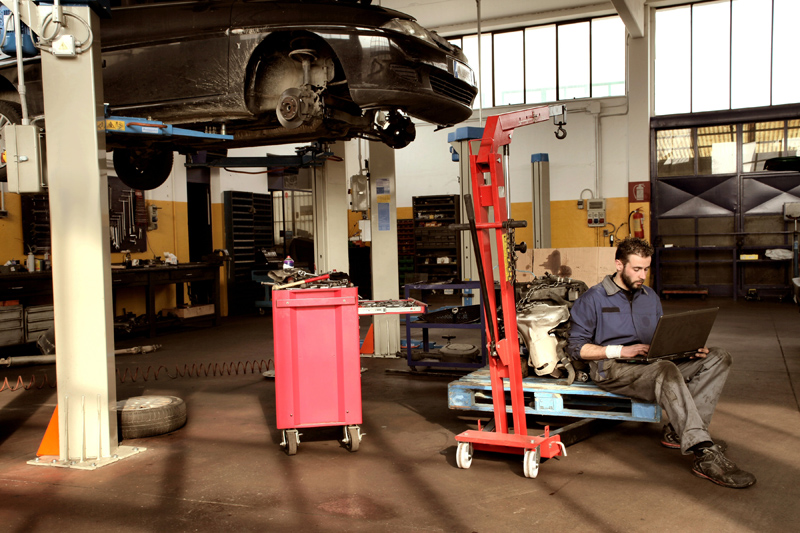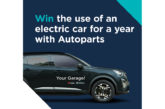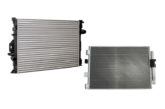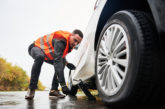
The European Commission has proposed extending the Motor Vehicle Block Exemption Regulations (MVBER) until 2028.
It will also look to revise slightly the accompanying guidelines – following a review process.
The five-year extension means the regulation would expire on 31 May 2028. The European Commission will be consulting stakeholders on the draft rules in the second quarter of 2022, and the final adoption is foreseen in the second quarter of 2023.
The UK version of MVBER expires in May 2023. Attention will now reportedly turn to the UK government as UK AFCAR gathers increasing evidence that demonstrates Vehicle Manufacturers (VMs) and their authorised networks are ‘misinterpreting’ current Motor Vehicle Block Exemption Regulations (MV-BER).
UK AFCAR, the UK automotive lobbying group comprising automotive trade associations and commercial organisations, will call for the UK MVBER to be modernised, in-line with technical and digital enhancements within the modern motor vehicle.
In recent months, UK AFCAR has received information on the prevention of access to technical information for independent garages. There has also reportedly been an unwillingness to investigate customer issues, once the vehicle has been worked on by the independent aftermarket within the warranty period.
Mark Field, IAAF Chief Executive, said: “We welcome the news from the European Commission and will lobby the UK government to follow suit. We shall also call for greater enforcement of the regulations as the reality is that there is a lack of understanding on the interpretation of the legislation, with many issues falling into ‘grey areas’ or being applied incorrectly.
“This is not in the spirit of the legislation and co-operation needs to happen so that motorists can continue to access local and affordable independent garages that have access to the right parts, tools and technical information.
“Lack of co-operation, prevention of access and unreasonable costs all place additional barriers and burdens on the aftermarket in its position as the leading provider to motorists for service, repair and maintenance of vehicles. Ultimately, the motorist loses out and we will make this clear to government through our work as part of UK AFCAR.”









